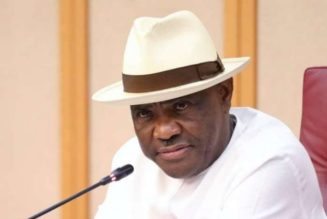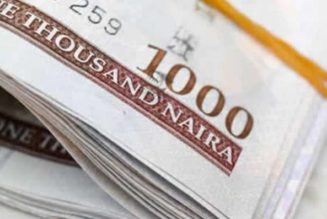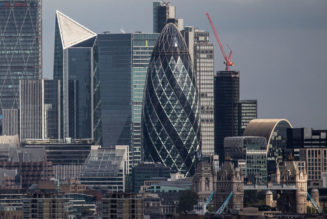Columnists
Why Kenya needs to go back to the drawing board on tax increases
Friday August 11 2023

Kenya should look for a way of reducing the tax burden especially on the lower exhelons of society. FILE PHOTO | LUCY WANJIRU | NMG
Hip-hop Hooray! Today is Hip Hop’s 50th anniversary and this number matters. Fifty is often the figure that denotes a generation but there’s another good reason to celebrate – the music genre is now the most dominant in the world.
Of course, you know that’s not how it started. Once upon a time, it was imagined to be a (grandmaster) flash in the pan by some who didn’t like its street attitude, braggadocious rhymes and its non-conforming youth sub-culture.
That’s all true, but one song, The Message, ensured rap also served a serious purpose. It not only cast a darker atmosphere through its tale of ghetto despair but also spoke of social significant issues such as inflation, unemployment, industrial action and insecurity.
So, when MPs passed the Finance Act 2023, I bet many would relate with the song’s poignant refrain: “Don’t push me ’cause I’m close to the edge/I’m trying not to lose my head. It’s like a jungle sometimes. It makes me wonder how I keep from going under.”
Frankly, many Kenyans are downbeat given the reality of the new government action on taxes and levies. Higher fuel prices are not only going to hurt their transport but their workplaces too notably in agriculture and manufacturing where the majority are gainfully employed.
The housing levy, which forces employees to part with 1.5 percent of their basic pay matched by employers, is akin to a salary cut.
Possibly, as employers adjust in the wake of rising labour costs, this may result in mass layoffs.
All this comes on top of the troubles Kenyans are already dealing with. Surging inflation is eroding incomes while high interest rates are slowing down planned investments.
Moreover, a polarised domestic political environment continues the suspicion that market upside will remain severely limited – year to date, equity market losses stand at 16 percent, 4.8 perecnt and 12.1 percent for NASI, NSE 20 and NSE 25 share indices.
Covid-19 aftershocks, a weak local currency, ongoing Ukraine-Russia war are among the many rolling challenges.
Yes, some fiscal medicine is needed for the country to honour its debt obligations. Credibility is always important in debt markets and that cannot be taken for granted.
There’s certainly an argument that something has to be done to re-balance the economy overburdened by the previous regime’s debt binge.
But that can perhaps be done without adding more pain to an already struggling citizenry.
As logical as it may sound that increasing taxes may cure some of our fiscal issues, no government can balance the books on the backs of the “everyday hustler”.
The current tax regime will push many of them to the brink. A phased approach should be considered. Some levies ought to be removed.
Expenditures cuts actualised. Otherwise, as is, the measures may prove counterproductive. If that eventuates, it would be a (Kurtis) blow to the tax plans.
To summarise, this is a simple call for reconsideration. A cry to reason together. Although challenges are (notoriously) big and complex, no country can tax its way into prosperity. Without counsel plans fail, but with many advisors they succeed.
Mwanyasi is the MD of Canaan Capital.









